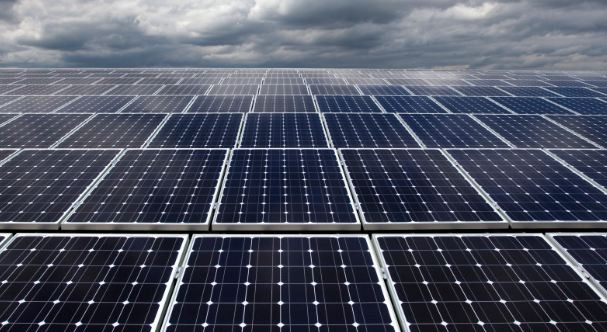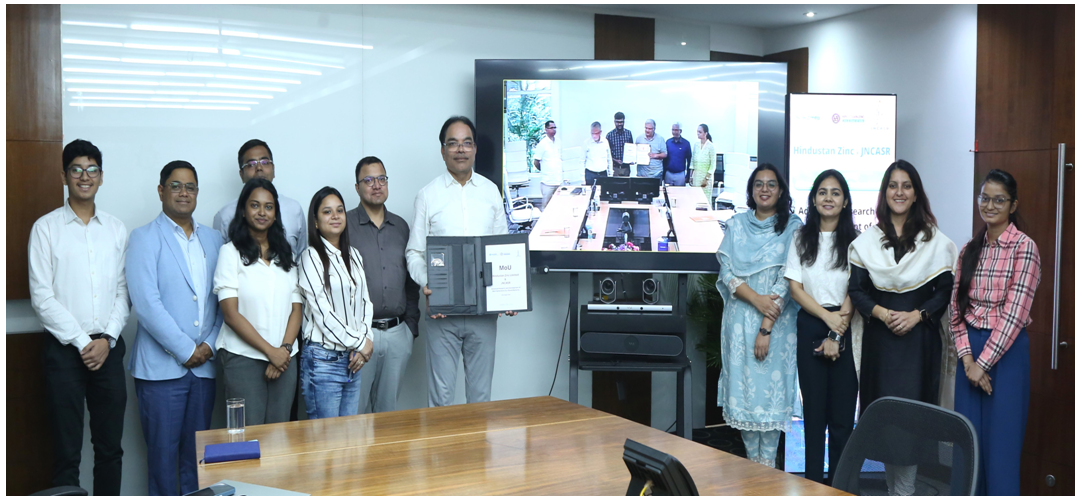ReNew accomplishes 7.4 GW of operating RE capacity
ReNew Power has announced it has commissioned the 300 MW SECI-6 solar project, pushing the company's total operating capacity to its highest level ever of 7.4 GW.
Driving this growth is a record installation of 1.5 GW of renewable energy projects this fiscal year (FY22 YTD), despite challenges related to COVID-19 and supply chain disruptions. ReNew is on track to meet its goal of 8.2 GW of operating capacity by the end of FY22. In FY21, ReNew finished the year with an operating capacity of 5.6 GW.
The bulk of ReNew's organic capacity addition that led it to surge past the 7 GW landmark is in the states of Rajasthan and Gujarat. The 1.5 GW capacity addition in the current fiscal year comprises more than 1.3 GW of utility-scale solar projects. These include 1.2 GW in Rajasthan, 105 MW in Gujarat, and 20 MW in Maharashtra. In wind projects, over 150 MW has been installed, including 136 MW in Karnataka and 22 MW in Gujarat.
All these capacity additions in FY22 are expected to offset over 75,000 million tCo2e of carbon emissions cumulatively. Around 1.05 GW of this organic capacity, an addition has a PPA with the Solar Energy Corporation of India ("SECI"), an entity owned by the Government of India, for 25 years.
Speaking about the capacity addition, Chairman and CEO of ReNew, Mr. Sumant Sinha, said: "ReNew continues to be at the heart of India's transformation as a clean energy leader. The major organic addition of 1.5 GW of renewable energy projects this fiscal year and the fact that we have crossed 7 GW of commissioned capacity shows we are well on track to achieve our aspirational goal of 18 GW by FY25."
"We will further intensify our efforts to help India achieve its climate goals, including meeting half of its energy needs through renewables, and also develop green hydrogen," Mr. Sinha added.
ReNew recently announced a partnership with L&T for developing green hydrogen capacity.
The company's expansion of its operational capability comes as India looks at 500 GW of non-fossil fuel energy capacity by 2030 and by the same year, reducing total projected carbon emissions by one billion tonnes, as announced by Prime Minister Narendra Modi at the COP26 Glasgow summit.




















